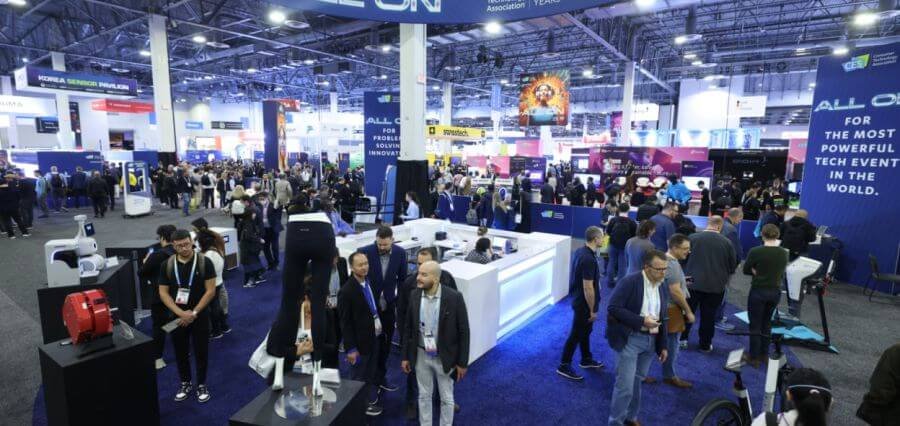Prime Highlights:
- OpenAI’s $500 billion Stargate initiative aims to build an extensive AI supercomputing infrastructure, challenging India’s AI development efforts.
- India’s IndiaAI Mission, despite strong government backing and funding, faces hurdles such as limited access to advanced AI chips and scaling challenges.
Key Facts:
- Stargate is a collaboration between OpenAI, SoftBank, Oracle, and MGX to develop top-of-the-line AI data centers in the U.S.
- India has been excluded from the U.S. list of countries that have been granted free access to advanced AI chips, affecting its ability to possess AI hardware.
- Experts point out the urgent need for India to build an AI sovereign ecosystem and infrastructure for the purpose of ensuring technological independence.
Key Background :
The United States has revealed the Stargate venture, a colossus $500 billion initiative by OpenAI joined by SoftBank, Oracle, and MGX. The venture aims to build a huge array of data centers with a focus on AI that strives to cement the U.S.’s position as a global leader in artificial intelligence. It’s not just designed to accelerate AI research and development but also to create hundreds of thousands of jobs and reinforce economic supremacy in the tech sector. The move is widely viewed as a strategic response to China’s rapid AI advancement and an attempt to maintain American supremacy in this critical technology domain.
On the other hand, India’s AI ambitions are summarized in the IndiaAI Mission with a government purse of ₹10,372 crore over five years. The mission is centered on building a sovereign AI stack, such as the deployment of 10,000 special-purpose AI chips through the creation of collaborations between the government and the private sector. India, however, has huge roadblocks ahead of it, including the U.S. limitation on importing cutting-edge AI chips. This limitation stops India from building scalable state-of-the-art AI infrastructure.
AI researchers and business leaders caution that the fate of AI in the world is increasingly controlled by those who possess the basic AI hardware and infrastructure. Dr. Ajai Chowdhry, a prominent tech entrepreneur, has referred to the monopoly of AI infrastructure by the U.S. as a “weaponization of technology” that undermines the sovereignty of nations like India. He believes India should work on its own AI hardware, own its data on its own terms, and establish a robust AI doctrine to secure its technology future.
While IndiaAI has collaborated with top Indian enterprises such as Jio Platforms and Tata Communications to develop AI infrastructure, the scale and pace of the Stargate venture highlight the call for India to intensify its pursuit. Scaling innovation, domestic hardware investment, and international partnerships will be crucial for India to establish itself in the rapidly evolving AI landscape.
Read More – Motorola Razr 60 Foldable Set for India Launch on May 28: Stylish Tech Meets Performance







